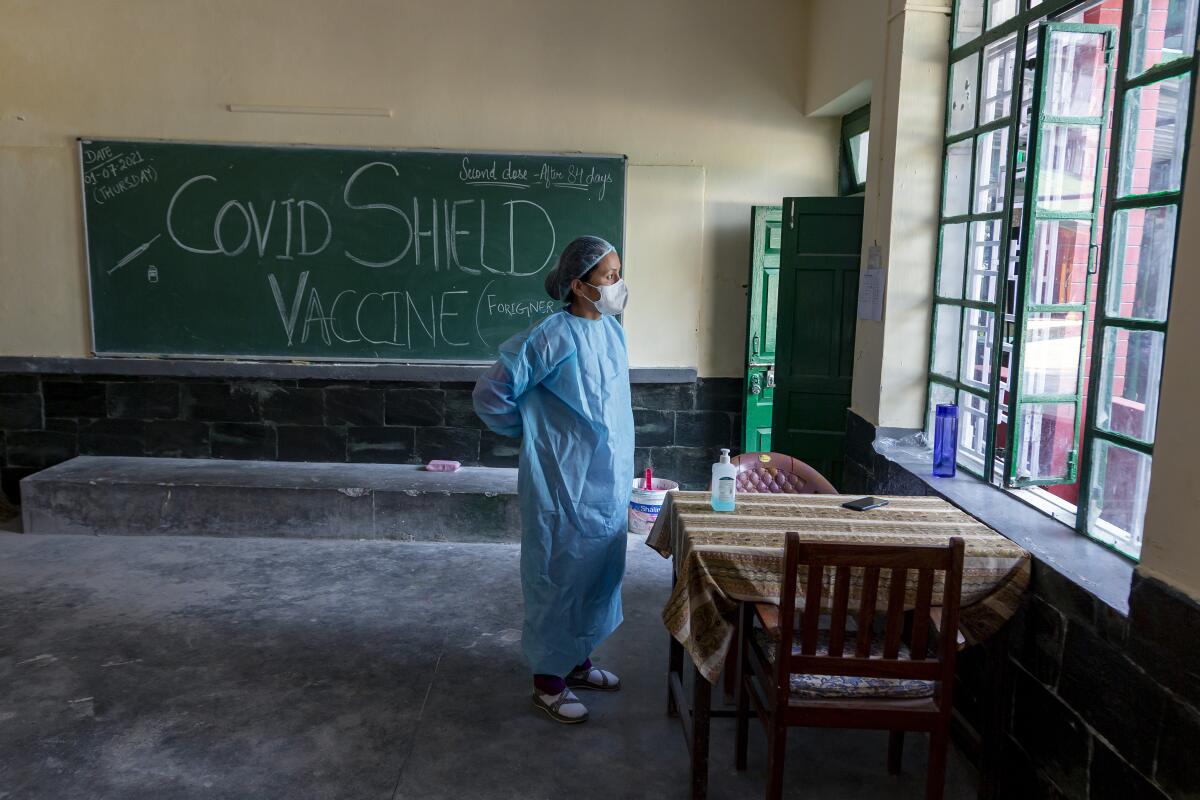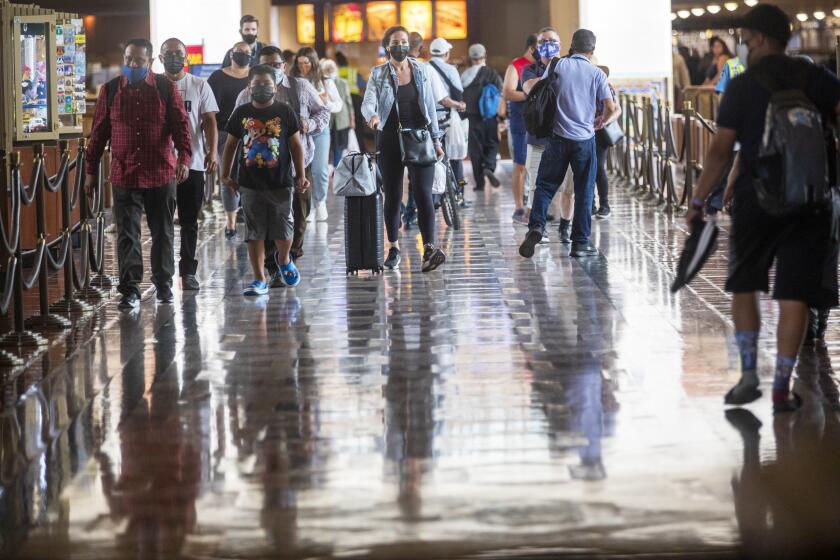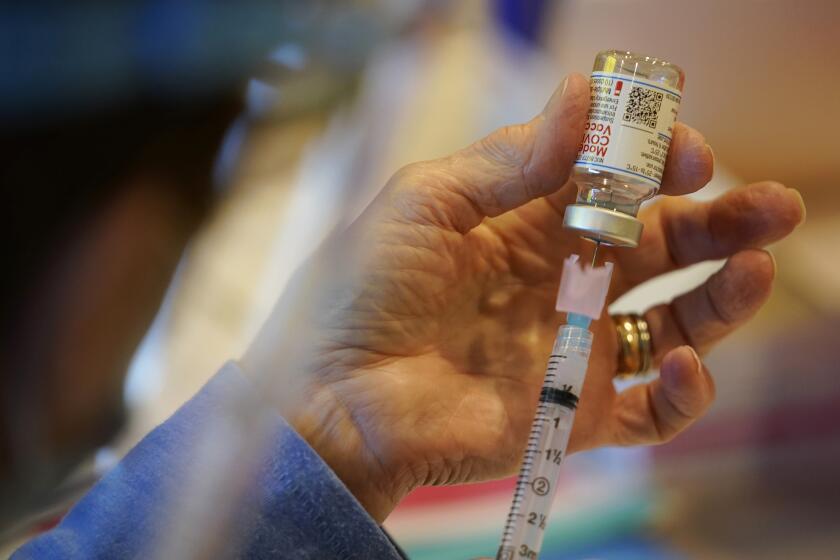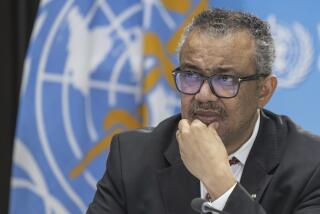India confirms 400,000 COVID-19 deaths, half of them in the last 2 months

NEW DELHI — India has confirmed 400,000 deaths from COVID-19, half of them occurring in just the last two months as the more transmissible Delta variant — first detected in India — infected hundreds of thousands daily and overwhelmed the already-strained health system.
Even so, the grim figure announced Friday — behind only the death tolls in the United States and Brazil — is believed to be far lower than the true total because of a lack of testing and reporting. One estimate says the true number of COVID-19 deaths in India may exceed 1 million.
New cases are on the decline after exceeding 400,000 a day in May, but authorities are preparing for another possible wave and are trying to ramp up vaccination.
The Health Ministry said Friday that 853 people died in the last 24 hours, raising total fatalities to 400,312. It also reported 46,617 new cases, taking the country’s pandemic total past 30.4 million infections.
Experts say that, during the April and May surge, an untold number of people died outside hospitals and before they could be tested for the coronavirus.
A model from the University of Washington’s Institute for Health Metrics and Evaluation estimates there have been more than 1.1 million COVID-19 deaths in India.
Health officials say the spread of the Delta variant of the coronavirus further highlights the importance of getting vaccinated.
Government officials from the ruling Bharatiya Janata Party have dismissed reports of undercounts as exaggerated and misleading.
Experts are worried that India could be at risk of another coronavirus surge because less than 5% of the population has been fully vaccinated.
Health Minister Harsh Vardhan said Wednesday that the vaccine rollout has picked up speed since a new policy ended a complex purchase and distribution system that overburdened states and led to inequities in how vaccine doses were handed out.
Under the new policy, the federal government will buy 75% of all vaccines in use in India and give them to states for free. Private hospitals can buy the remaining 25% at prices that have been capped, and they can charge for the shots.
Lab tests and real-world experience offer reassuring evidence that COVID-19 vaccines offer a high level of protection against the Delta variant.
Vardhan said 120 million doses would be made available by the government in July.
The hope is that India will achieve a rapid increase in inoculations in the coming months. Last month, the head of India’s COVID-19 task force told reporters that about 2 billion doses could be available by December under a plan that depends on India’s two main suppliers, Serum Institute of India and Bharat Biotech, ramping up production and five other potential vaccines being made available in the coming months.
But some have raised questions over whether this is a realistic estimate as both of the country’s main suppliers have struggled to boost manufacturing.
On Tuesday, it was announced that the Moderna shot will soon be the fourth COVID-19 vaccine to be administered in India after the AstraZeneca shot, Bharat Biotech’s Covaxin and Russia’s Sputnik V.
India’s Zydus Cadilla has also applied to the government drug controller for emergency-use authorization of its COVID-19 vaccine, which uses DNA-based technology. The vaccine can be used for both adults and young people in the 12-18 age group, the company said Wednesday.
More to Read
Sign up for Essential California
The most important California stories and recommendations in your inbox every morning.
You may occasionally receive promotional content from the Los Angeles Times.












